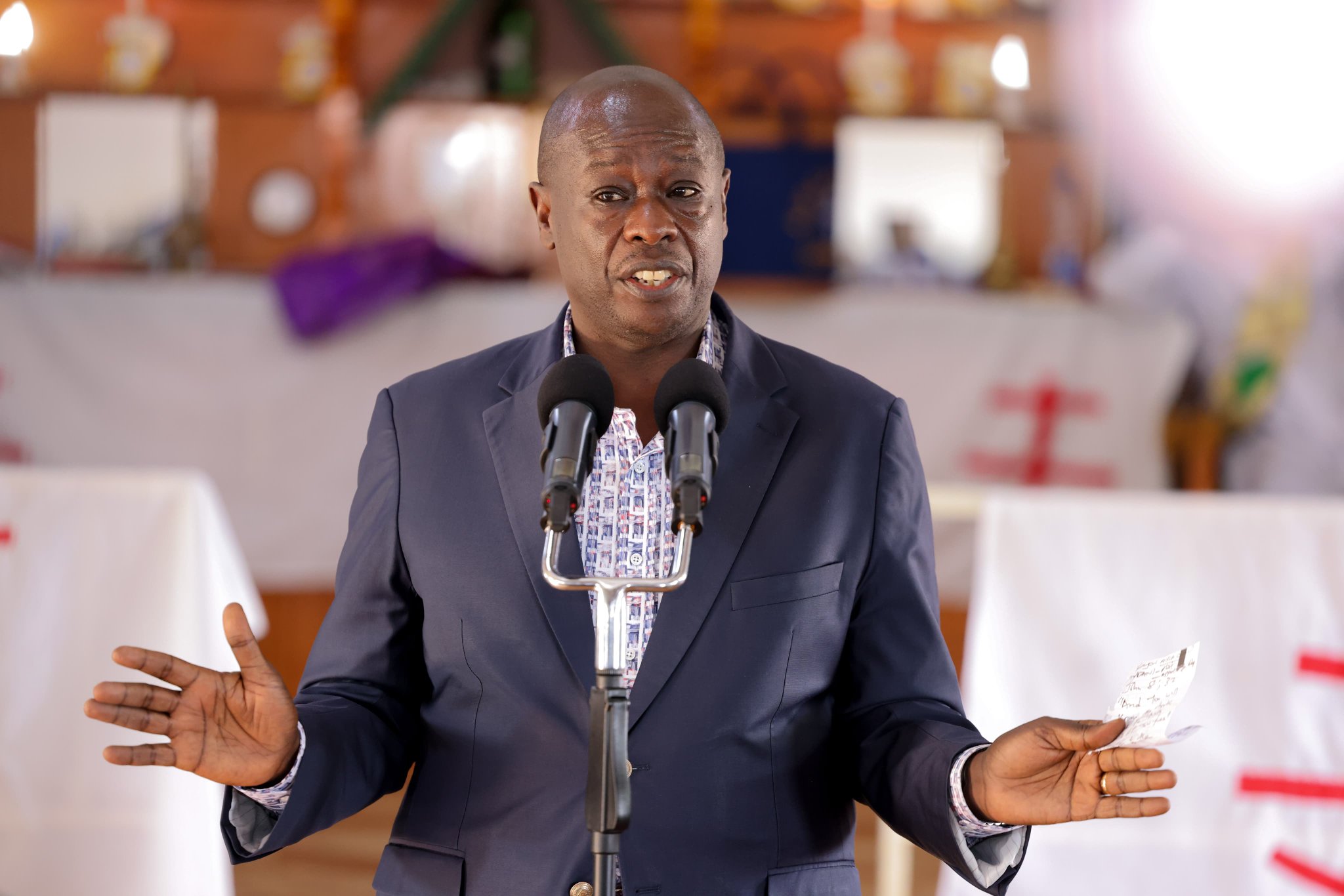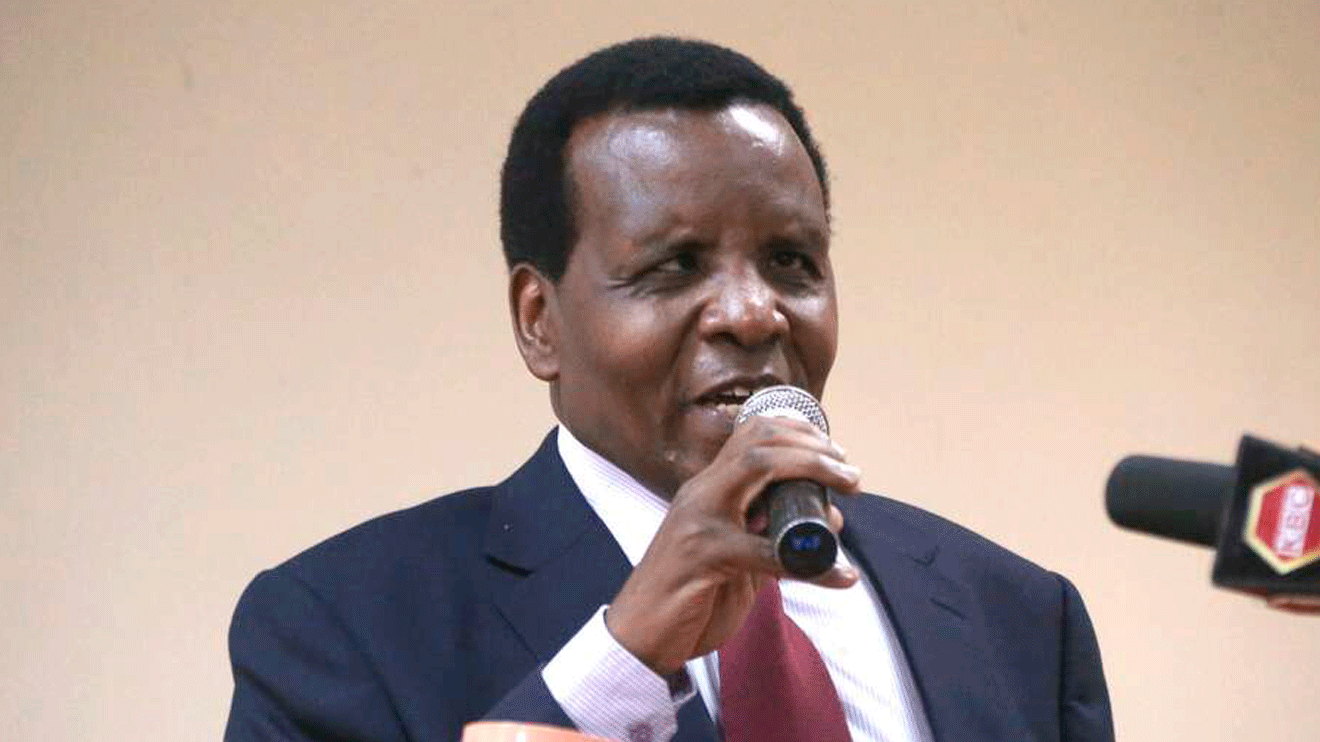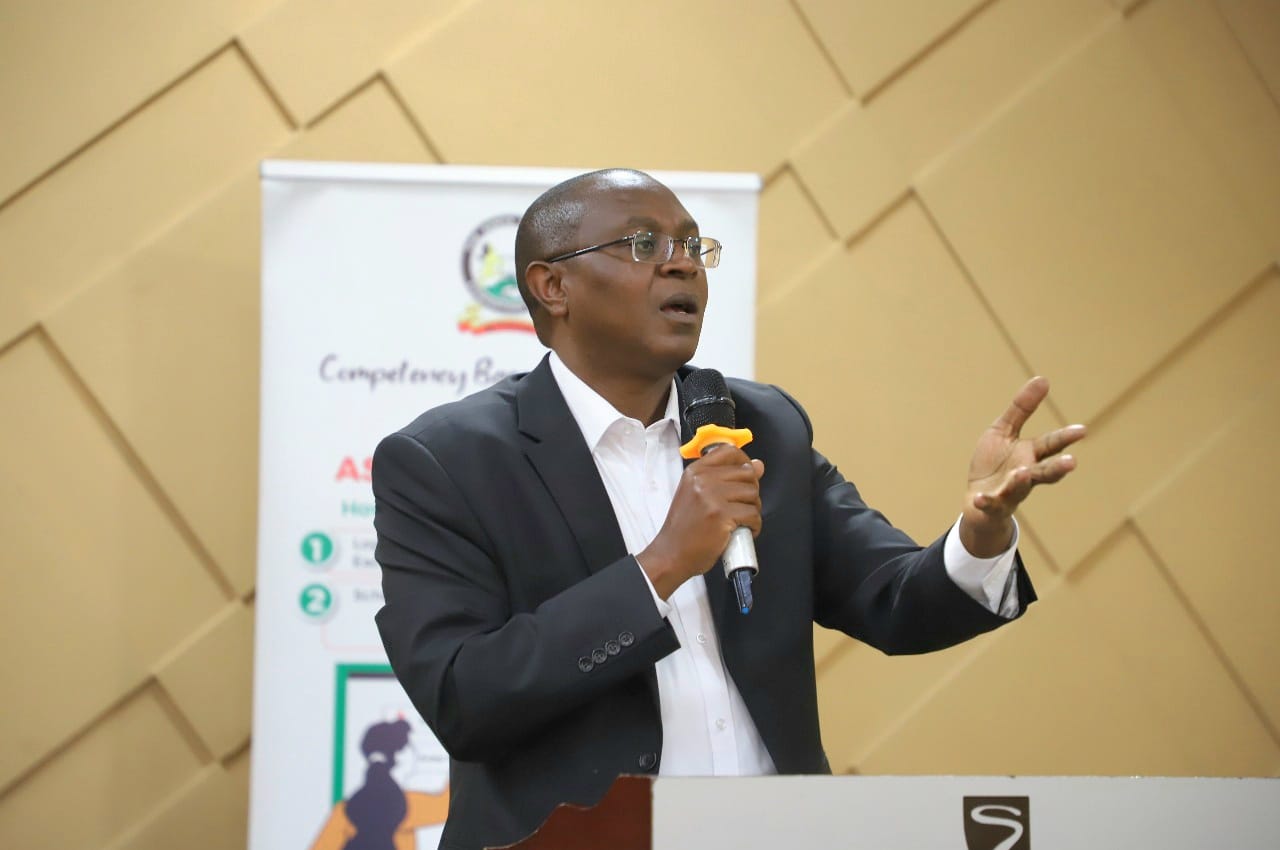The International Monetary Fund (IMF) has issued a new tax advisory for Kenya amid a crisis which saw the Finance Bill 2024 backfire.
In a statement, IMF says Kenya’s tax-to-GDP ratio has been declining for almost a decade since its peak of 15.4 per cent in FY2014/15 and remains lower than that of its regional peers.
The body also says that the public debt service to revenue ratio—an indicator of Kenya’s capacity to repay its debt obligations—has increased markedly from about 35 to about 60 per cent of revenues.
“This trend reduced the resources available for development spending—including on education, health, and priority social programs,” IMF says.
IMF now suggests that Kenya must strengthen tax capacity for development to finance public spending and enable the state to fulfil its role in facilitating growth and improving public service delivery.
“With a significant share of revenues going toward debt service, Kenya needs to mobilize more revenues to meet the country’s needs. Kenya’s Medium-Term Revenue Strategy aims to widen the tax base and improve tax equity. This involves comprehensive tax policy and administrative measures across all tax categories,” IMF said.
“It is also important to ensure that taxpayers’ resources are spent efficiently and effectively and in priority areas. In that respect, Kenya also needs to enhance transparency, accountability, and anti-corruption efforts.”
IMF, which says it remains committed to supporting Kenya’s efforts to achieve inclusive and sustainable growth, has promised to help find a balanced way forward following the fall of Finance Bill 2024 through mass action.
“At every program review, we assess developments and make adjustments considering the evolving circumstances. Any potential modifications to the IMF program will be based on thorough analysis and constructive dialogue with the Kenyan authorities on their proposed policy package, with the aim of addressing the country’s economic challenges effectively,” IMF added.
“It is also important that these policies go through a process of broad consultation so they can gain public support. We are confident that we will be able to find a balanced path forward.”
IMF on Finance Bill 2024
Following recent protests which saw the rejection of Finance Bill 2024 by President William Ruto, IMF says it will work with Kenya to chart a course towards robust, sustainable, and inclusive growth.
“We are deeply concerned about the tragic events in Kenya in recent weeks and saddened by the loss of lives and the many injuries. Our thoughts are with all the people affected by the turmoil in the country,” IMF added.
“Our main goal in supporting Kenya is to help it overcome the difficult economic challenges it faces, and improve its economic prospects and the well-being of its people.”
This comes after Kenya’s reform program supported by the Extended Fund Facility (EFF) and the Extended Credit Facility (ECF) arrangements was approved by the IMF Executive Board on April 2, 2021, for 38 months and extended by 10 months on July 17, 2023.
A further augmentation of about $941 million (Ksh121 billion) was approved on January 17, 2024, bringing total IMF funding under the program to about $3.9 billion (Ksh503 billion).
“Kenya faces multiple challenges, including a cost-of-living crisis, climate change impacts, high poverty rates and inequality and elevated debt vulnerability. The IMF-supported program aims to help Kenya reduce its debt vulnerabilities and strengthen its ability to align spending with revenues. These objectives reflect the priorities and concerns of the Kenyan authorities, and stakeholders such as civil society, the private sector, and youth groups,” IMF stated.
The body says its program also supports the government in addressing weaknesses in state-owned enterprises, strengthening anti-corruption efforts, bolstering the Anti-Money Laundering and Combating the Financing of Terrorism (AML/CFT) framework, improving central bank operations, and advancing policies for sustained and inclusive growth.










